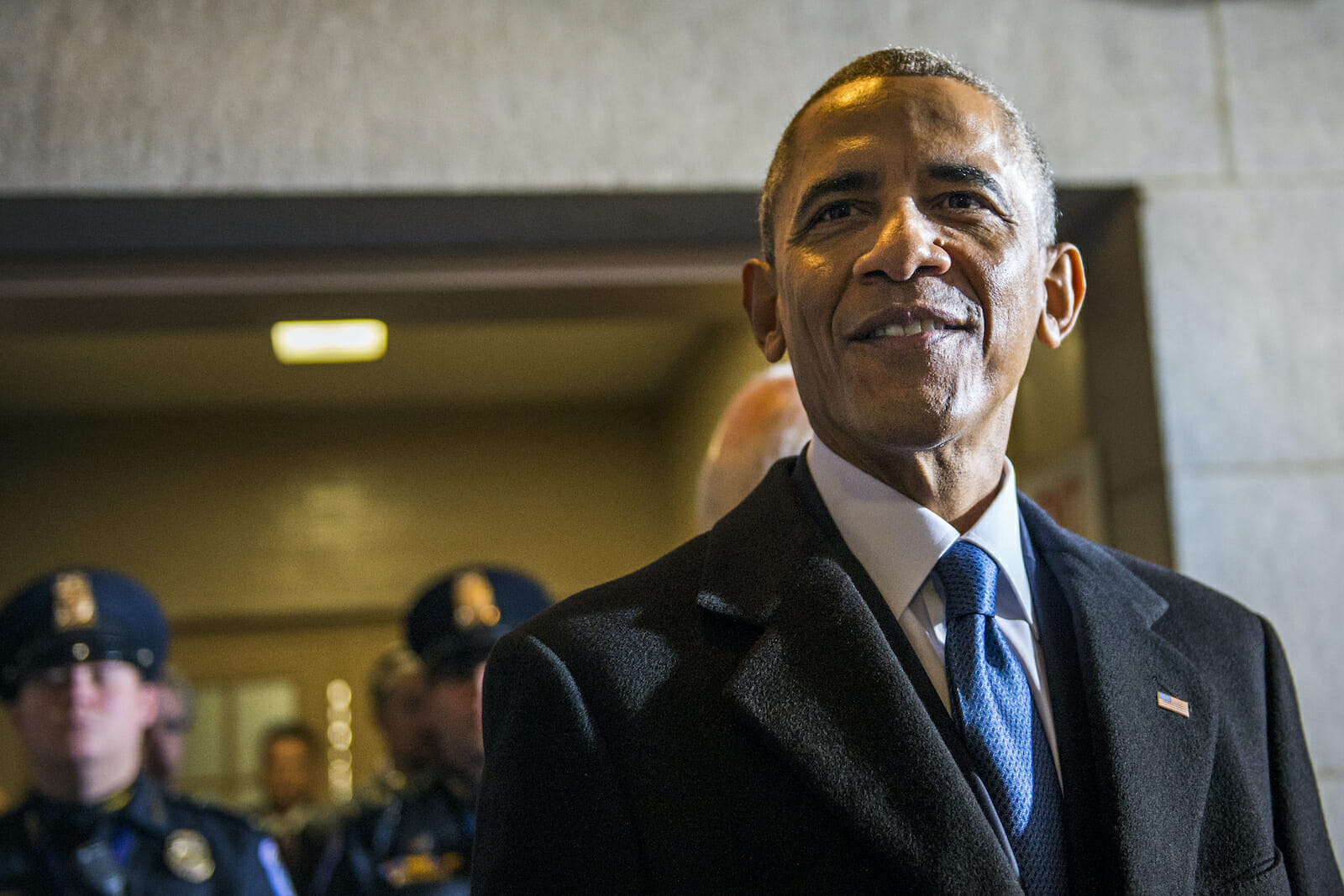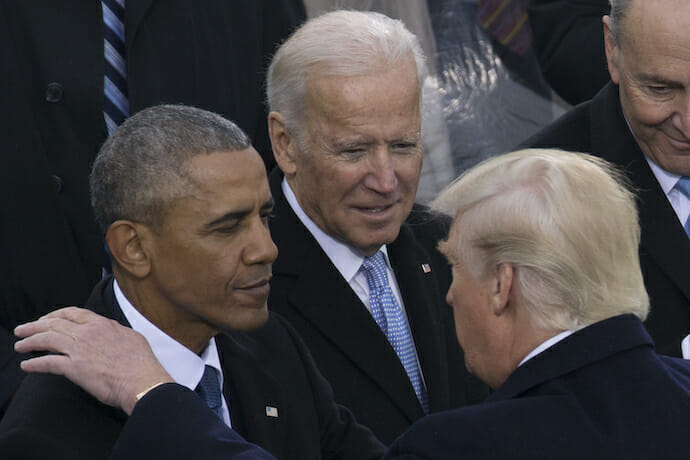
Politics
Why Thinking Makes it So: Donald Trump’s Obamagate Fixation
The “gate” suffix has been wearing thin since the break-in scandal that gave it its birth. Since Watergate, virtually anything dubious and suggestive, and much more besides, is suffixed. Which brings us to the issue of President Donald Trump’s predecessor, Barack Obama. Finding himself in hot water (did he ever leave it?) Trump has been sowing the seeds of “Obamagate,” a fairly grotesque measure that serves to fill the shallow spaces of the social mediaverse.
Obamagate is a show without much of a script, supported by the faintest of threads. Supposedly, they revolve around the merrily murky former national security advisor Michael Flynn, a serial perjurer who was “unmasked” as an American talking to foreigners under the routinely engaged eyes of the intelligence community. The revelations emerged from the declassification by acting Director of National Intelligence Richard Grenell of unmasking requests made by the Obama administration in 2016. The exercise raised eyebrows, at least among certain Trump critics who detected a heavy accent of politicisation.
OBAMAGATE!
— Donald J. Trump (@realDonaldTrump) May 10, 2020
On the surface, the move was distractingly galvanic. The declassified document listing officials keen to identify Trump associates and any relevant ties to Russia suggested that Trump was going to embark upon yet another one of his exercises in mass distraction. The president duly hopped on the Twitter train to drive a narrative of criminality, making his Mother’s Day a special one. 126 tweets and retweets featured, making it the second most prolific single-day posting of the Trump presidency. Interspersed in the scatter were a few favourites: the QAnon conspiracy theory on Democrats being tied to a paedophilia cult; punchy counterattacks on those critical of his coronavirus non-policy. The retweets also featured monumental errors of judgment, including messages critical of the Trump administration. But something new had emerged in the smoke, all shinily suffixed.
Obama had, supposedly, committed “the biggest political crime in American history, by far,” one that made “Watergate look small-time.” When pressed for details by such individuals as Philip Rucker of the Washington Post, Trump was not particularly forthcoming, suggesting it was patently obvious. “It’s been going on from before I even got elected, and it’s a disgrace that it happened, and if you look at what’s gone on, and if you look at now, all this information that is being released – and from what I understand, that’s only the beginning – some terrible things happened, and it should never be allowed to happen in our country again.”

Russia, yet again, features. But this is not Democratic demonization in the Hillary Clinton mould so much as a claim of Deep State antics gone awry. Steven Aftergood of the Federation of American Scientists sees it as a ploy to seize the Russia narrative by the throat. “It is putting the spotlight on the investigators rather than the investigated. It is saying what is irregular here is not the extraordinary contacts with the Russian government but the attempt to understand them.” Obamagate has taken the place of “Crooked Hillary” as a call to arms. As Fox News host Brian Kilmeade observed, reflecting on the November election, “it’s not gonna be Biden against Trump. It’s gonna be Obama against Trump.”
Terms such as Obamagate only exist because thinking of it makes it so. It is the conjuring trick of a few words, fed by supposition and even superstition. It is the howl and bark of the social media echo chamber. In a sense, such terms do not matter, though they do exercise such individuals as Will Bunch of the Philadelphia Inquirer. The “idea of Obamagate,” he writes despairingly, grew “in Trump’s diseased mind and springing like a virus to his compromised and unjust Justice Department, his propagandists on Fox News’ quasi-state-media, and millions of truth-decayed supporters.”
As with so many assessments of Trump’s time in office, these are only some aspects of a broader, decaying Republic for which Trump’s opponents also have to answer for. He is the excremental reminder of a state in ruins, of an imperium gasping on a respirator. Bunch gives Trump too much credit for killing “the very idea of objective truth,” suggesting a certain monopoly on criminality. He even reserves some criticism for Obama, who he accused of being “too timid in looking into Trump and Russia.” And there, the Russian bogeyman makes yet another appearance.
How catching will this noise prove to be? Attention has turned to prosecutor John H. Durham, who examined the initial leak of information to the Washington Post on phone calls that took place between Flynn and the Russian ambassador Sergey I. Kislyak to the United States in 2016. The Grenell list could, in turn, be leaked. A fittingly messy turn that would be.
A sense that this will go nowhere is already being floated by Trump’s most loyal of deputies, the Attorney General William Barr. “As to President Obama and Vice-President Biden, whatever their level of involvement, based on the information I have today, I don’t expect Mr. Durham’s work will lead to a criminal investigation of either man.” There is still time, but Obamagate is already expiring.

